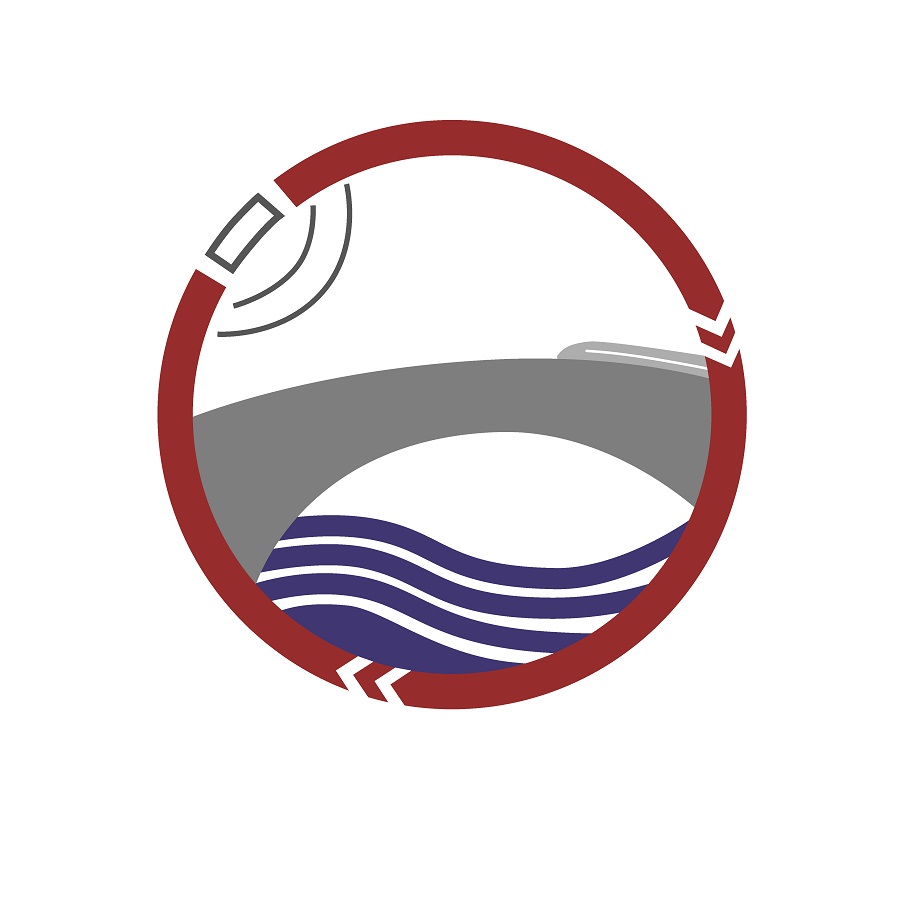Environmental engineering – a clean business!
How can we bring clean water to Africa and develop the necessary infrastructure so that local people can treat it?
Or how do we manage to no longer suffocate in garbage in the mega cities of the world? Which water cycles are there? And how do you plan a city with optimal conditions for infrastructure and healthy living?
Environmental engineers investigate these questions and find innovative solutions for the urgent tasks of our time. They do research on site and search for new methods in laboratories. They are as familiar with bacteria as they are with the laws of chemistry and physics and use processes that are modelled on nature. So that we can all live well in the future.
Engineering (cumpolsory area)
In the first semesters, the basic knowledge of the natural sciences and technology is taught intensively in the compulsory engineering area (modules amounting to 97 CP).
Specialised course of study (Compulsory area)
- Basic knowledge of the entire spectrum of environmental engineering to the extent of 31 CP
- Bachelor thesis to the extent of 12 CP
Specialised course of study (Elective area)
Students can choose two of four different subject specialisations (24 CP) in the elective area, as well as a free choice of subject modules (9 CP).
Two of the following specialisations can be chosen according to personal interest:
- Engineering Hydrology and Hydraulic Engineering
- Environmental Monitoring
- Spatial Planning and Resource Management
- Water Technology and Pollutants
Each specialisation consists of compulsory elective modules that provide a broad insight into the corresponding subject area and in which the subject-specific knowledge from the compulsory engineering area is deepened.
Recommended job profiles can help you to orientate yourself and acquire suitable skills for a subsequent Master's degree programme or a first professional position:
- Digital Environmental Information Management
- Engineering Hydrology and Hydraulic Engineering
- Environmental Planning
- Spatial and Infrastructure Planning
- Water Technology and Pollutants
General elective area
Within the framework of a “Studiums Generale”, modules (amounting to 7 CP) can be selected from the entire range of courses offered by the TU Darmstadt as interdisciplinary courses according to the student's own interests.
Bachelor's thesis
At the end, students demonstrate with their Bachelor's thesis that they can independently work on a problem from the field of environmental engineering using scientific methods.
The details of the programme can be found in the Studienordnung (opens in new tab) and the Modulhandbuch (opens in new tab) , which can also be found on the Downloadseite des Studienbüros . The study and examination schedules are also available there.

Student Advisory Service
Students have a mentor at their side who provides support and advice. This enables an individual study plan.
Application and admission
Information on application and admission can be found on the main pages of the TU.




